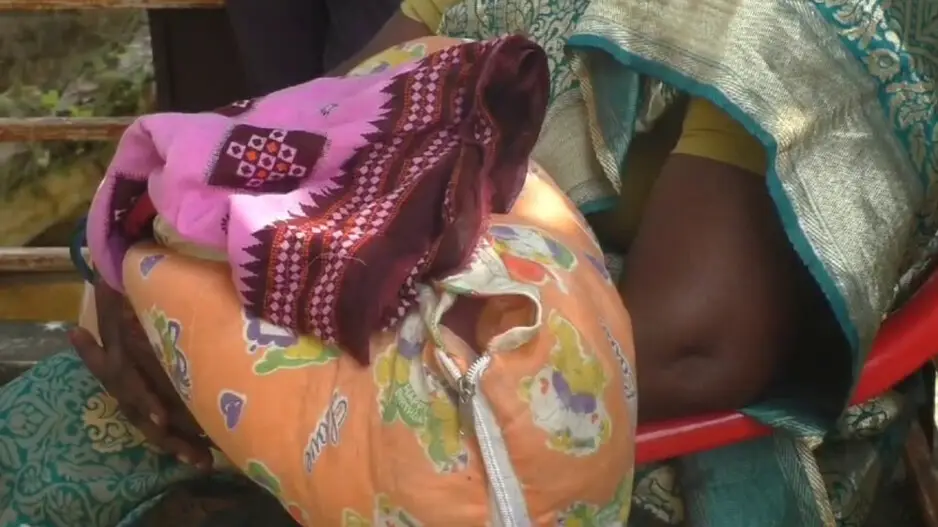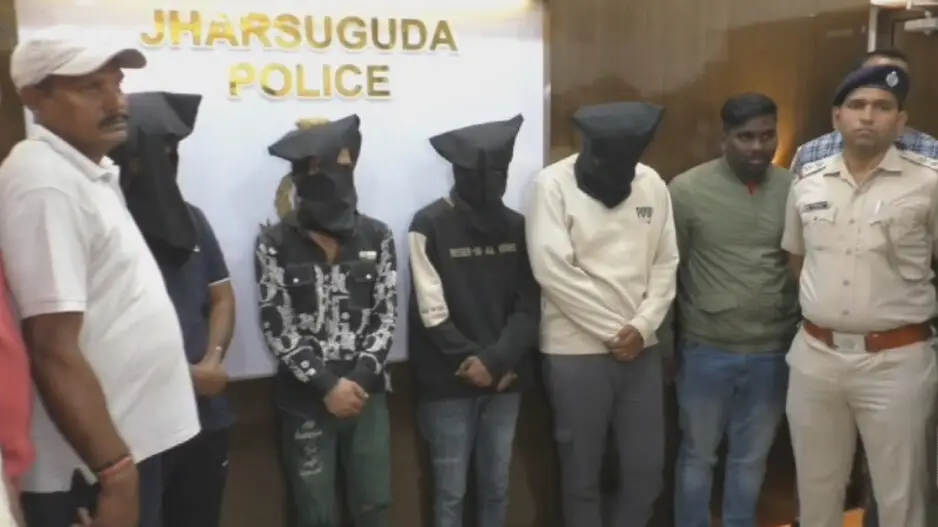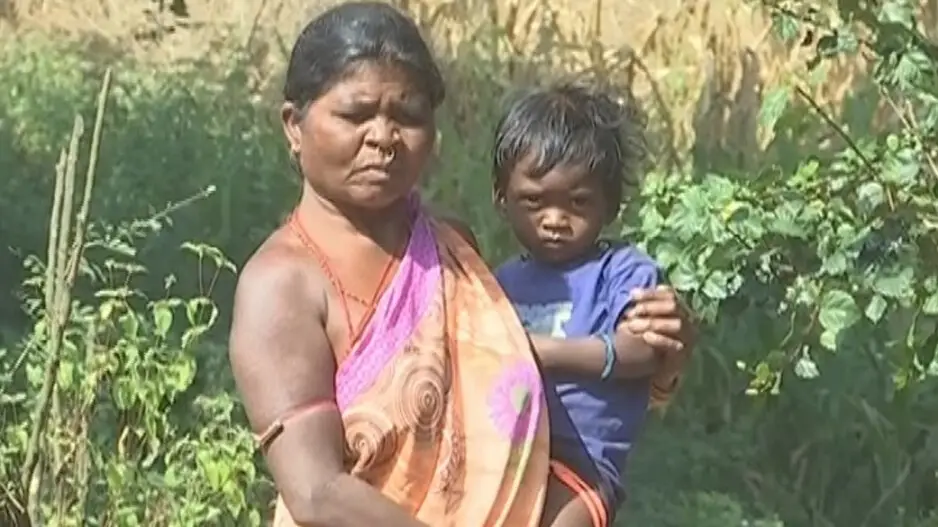/odishatv/media/post_attachments/uploadimage/library/16_9/16_9_0/odisha-high-court_1627110781.jpg)
Orissa High Court declines to interfere in loan recovery process by banks
The Orissa High Court declined to interfere in the loan recovery process undertaken by financial institutions in accordance with the law. The top court maintained that courts should refrain from intervening as ‘delays and disruptions’ in the recovery of dues not only undermine the financial stability of lending institutions but also affect the overall credit ecosystem, ultimately deterring the availability of credit to genuine borrowers.
A single-judge bench of Justice SK Panigrahi opined, “Courts should support the process of loan recovery by avoiding unwarranted interference in matters where the lender has acted within the bounds of the law”. The court passed the judgment while dismissing a petition seeking intervention against the cancellation of loan recovery under the sanctioned one-time settlement (OTS) scheme.
“In the present case, where the petitioner failed to honour the terms of the OTS scheme, this court is of the view that judicial intervention would set an undesirable precedent, discourage fiscal discipline and hinder effective debt recovery mechanisms. Consequently, no interference is warranted in this matter,” Justice Panigrahi observed.
According to the case diary, the petitioner from Udala in Mayurbhanj district had availed cash loan and a car loan in 2013 and 2019 respectively from the State Bank of India (SBI). Both the loans became non-performing assets (NPA) due to delay in payment of installments.
In addition, the petitioner’s son had also availed an education loan, for which he stood as guarantor. That account too was declared as NPA.
Under OTS, the petitioner was to pay Rs 60L in three equal installments of Rs 20L each. The bank cancelled the sanctioned settlement under OTS after the petitioner failed to pay the Rs 60L by the stipulated date.
Taking into consideration the facts of the case, the court said, “It is abundantly clear that the petitioner has no legal right to seek an extension of the deadline for settlement, particularly when the bank has already extended significant concessions to settle the NPA account.”
Child sale case: Sold newborn from Odisha’s Bolangir traced in Chhattisgarh's Raipur, says official

Digital arrest scam: Odisha Police busts cyber fraud gang in Gujarat, 4 arrested

Man killed in elephant attack while driving the wild herd into forest

Remote villages in Koraput wallow in neglect sans developmental activities

/odishatv/media/agency_attachments/2025/07/18/2025-07-18t114635091z-640x480-otv-eng-sukant-rout-1-2025-07-18-17-16-35.png)

/odishatv/media/media_files/2025/09/22/advertise-with-us-2025-09-22-12-54-26.jpeg)
